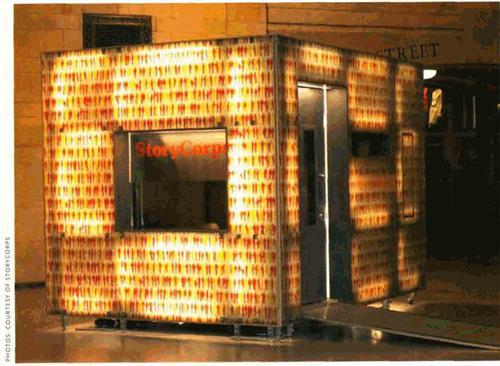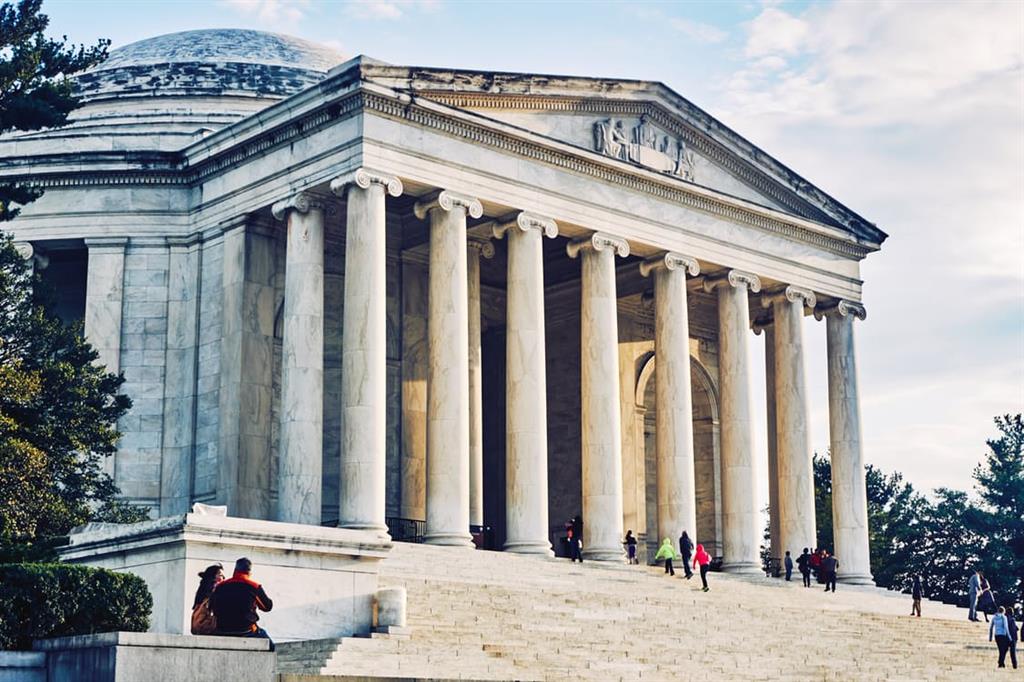A great-great-grandmother describes a family Christmas from 1924. A mild-mannered father remembers his brush with fame — delivering a baby on a subway train. And a veteran of World War II recalls his astonishing luck, far from home and a lifetime ago.
These are just a few of the stories being preserved by StoryCorps, an oral history project dedicated to helping Americans record the memories of everyday people. Modeled after the Works Progress Administration programs that chronicled oral histories during the Great Depression, StoryCorps is the brainchild of nonprofit documentary filmmaker Dave Isay. His motivation? Create an enduring record of”everyday” history — those often-fascinating vignettes of daily life that rarely make it into the history books.
With funding from corporations and foundations, Isay is building StoryBooths — soundproof, broadcast-quality recording studios — in public places such as airports, train stations and community centers across rhe country. Anyone who cares about the past can reserve a 40-minute session in a StoryBooth and use the studio equipment to record oral history interviews, all for $10.
Interview subjects needn’t have led extraordinary lives. “We’re waiting to help you interview your grandmother about how she came to America,” Isay says. “Your greatuncle about his childhood on the farm, or maybe your best friend from grammar school.” Their memories become personal documentaries in sound.
Trained facilitators help participants fine-tune their list of questions (“How did you and Grandpa meet?” “Why was Uncle Harry nicknamed ‘Twinkles’?”) and handle the technical aspects of making the recordings. When a session ends, participants receive a copy of the interview on CD. With their permission, a second copy becomes a permanent part of the American Folklife Center archive in the Library of Congress <www.loc.gov/folklife>
StoryCorps began operation in October 2003 with its flagship booth at Manhattan’s Grand Central Terminal. Additional booths in Chicago, Los Angeles and other cities are in the works. Mobile StoryBooths are slated to travel cross-country during 2005, and StoryKits with easy-to-use minidisc recorders will help participants record genealogies at home.





